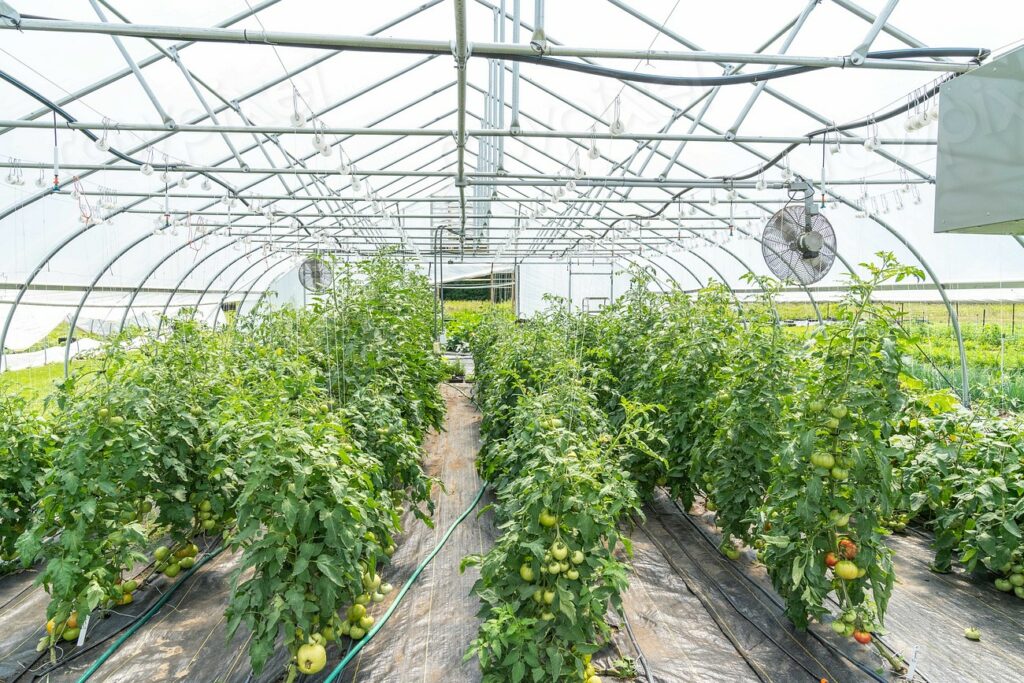
 Voice of Lango
Voice of Lango

 Voice of Lango
Voice of Lango
7 May 2025, 12:46 pm

By Joshua Olomo
Kwania
Farmers in the Lango Sub-region have been urged to adopt climate-smart agricultural technologies to build resilience against the growing impacts of climate change.
The call was made by David Ebong Abongo, Executive Director of the Clean Energy Partnership for Uganda (CEPA), during a recent sensitisation campaign aimed at promoting sustainable and climate-resilient farming practices.
CEPA is a private organisation working in collaboration with the government through the Uganda Energy Credit Capitalisation Company (UECCC) to advance clean energy and climate-smart initiatives.
Abongo emphasised that embracing innovative agricultural technologies is key not only to safeguarding livelihoods but also to enhancing productivity and increasing household incomes.
Jacob Acala, CEPA’s Manager, encouraged leaders of agricultural cooperatives to lead by example in adopting these technologies, emphasising their role in influencing wider community uptake.
Denis Obete, Chairperson of the National Chamber of Commerce – Apac Branch and head of the Apac District Produce Buyers and Agro-Processors Cooperative, urged farmers to invest in high-yield, climate-resilient crops to improve returns and ensure long-term sustainability.
The push for climate-smart agriculture aligns with broader national efforts.
Last year, the Government of Uganda, through the Ministry of Agriculture, Animal Industry and Fisheries, launched the Uganda Climate Smart Agriculture Transformation Project.
This six-year, US$354.7 million initiative—funded by the World Bank—aims to cushion the agricultural sector from climate change effects while boosting productivity, market access, and resilience across selected value chains.
The project spans 69 districts in 13 sub-regions, including Lango, Ankole, West Nile, Bukedi, and Karamoja.
It supports four major value chains: